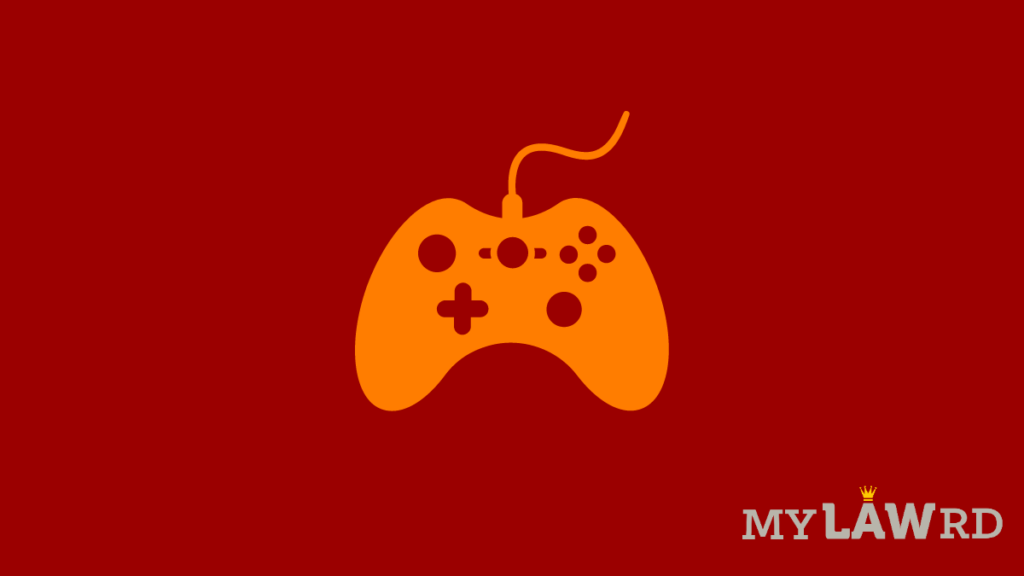In a bid to withdraw video gaming addiction, China has introduced a new gaming regulation. The rules ban children under-18 from playing for more than three hours a week. The new rules unveiled on Monday aim to bring major structural change that will give authorities greater control over the country’s economy and society.
The restrictions, aimed at national rejuvenation, are a major blow to the gaming industry that caters to tens of millions of young players in the world’s most lucrative market.
Why such restrictions, first of all?
Growing gaming addiction among the younger generation has become a sensitive issue around the globe. The issue especially triggered Chinese regulators after it was recently described as “spiritual opium”.
Issuing the new rules, the National Press and Public Administration (NPPA) said that excessive gaming has a negative impact on the normal life, learning, and healthy growth of minors.
Speaking to the Xinhua News Agency, the Administration said:
“Minors are still in the stage of physical and mental development, and their self-control ability is relatively weak. They are prone to overuse online games and even become dependent. Therefore, they have always been the focus of online game management and anti-addiction work.”
Talking about the addiction causing a series of social problems, it said that excessive gaming has seriously affected their normal study life and physical and mental health, and even caused a series of social problems, causing many parents to suffer unspeakably and become a pain in the hearts of the people.
Further speaking about the issue’s wider implications, it said:
“Young people are the future of the motherland, and protecting the physical and mental health of minors is related to the vital interests of the broad masses of the people, and it is related to cultivating newcomers in the era of national rejuvenation.”
Details of the Regulation
The NPPA said children under 18 can play for an hour a day (8 p.m. to 9 p.m.) only on Fridays, Saturdays, and Sundays, and on public holidays.
This regulation coincides with a broader clampdown by Beijing against China’s tech giants like Alibaba Group and Tencent holdings. According to an unnamed NPPA source, this regulation is aimed at protecting minors’ mental and physical health. Further, outside the stipulated hours, gaming companies will be barred from providing services to minors.
Besides, companies must implement real-name registration and only let users register using government-issued identification documents. The regulation also gives powers to the government departments to frequently inspect its compliance.
The rules also require gaming companies to connect their systems with the government’s anti-addiction verification system. This system will be able to cross-check and restrict minors to the one-hour quota.
A Domino Effect around the globe
Chinese people have mixed opinions on these new restrictions. However, the new rules swiftly became one of the most discussed topics on Weibo (Chinese Twitter). According to analytics firm, Newzoo, the Chinese games market will generate an estimated revenue of $45.6 billion in 2021. Effects of the further crackdown can be seen around the world.
Shares in Amsterdam-listed tech investment company Prosus were down by 1.45%. It holds a 29% stake in Chinese social media and video games group Tencent. Similarly, European online video gaming stocks Ubisoft and Embracer group fell over 2% each. Shares of Chinese gaming stocks slid in pre-market trading in the U.S. with NetEase fell over 6% and mobile game publisher Bilibili dropped by 3%.
How many Video Gamers are there in China?
According to the State media, about 62.5% of Chinese minors often play games online and 13.2% of underage mobile game users play mobile games for more than two hours a day.
China is tightening its grip on almost every tech-related industry in the country. In light of this, many companies have taken pre-emptive steps to dodge regulatory wrath.
Everybody gets a ban!
China is moving ahead to regulate internet companies in a very aggressive manner, citing national security and data protection. Starting with an investigation into Didi and others, it blew up what would have been the world’s largest initial public offering. The government has even initiated an investigation into US-listed firms and is now considering a complete ban on firms listing overseas.
It has also passed a new personal data privacy law, restricting the processing and sharing of citizen’s personal data. Tech and competition are also an issue in contention. China has published a draft internet regulation on unfair competition, soon after signaling it will further crackdown on the tech industry.
Do subscribe to our Telegram channel for more resources and discussions on technology law and news. To receive weekly updates, don’t forget to subscribe to our Newsletter.

